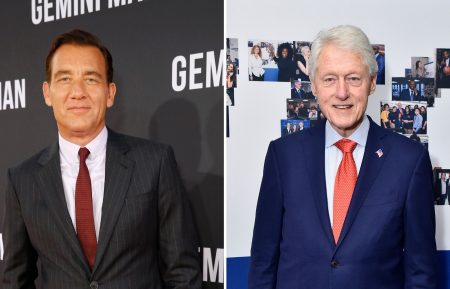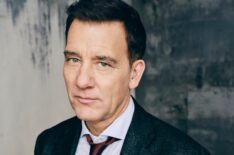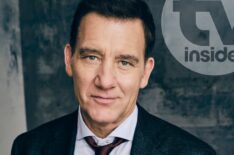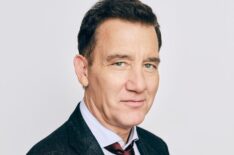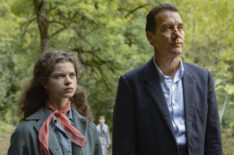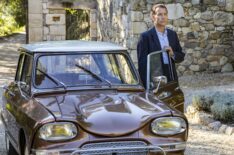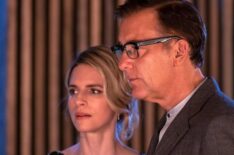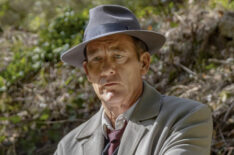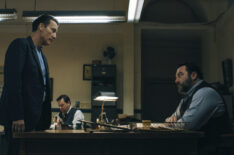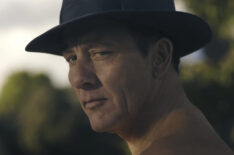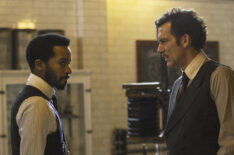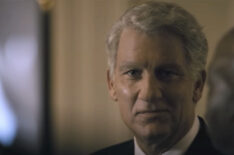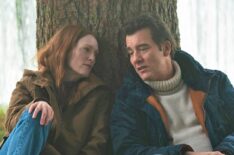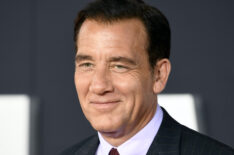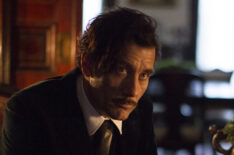Clive Owen
Credits

CleanerStream
Actor
Marcus/Smiling God
Movie
2025
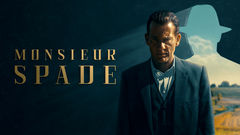
Monsieur SpadeStream
Actor
Sam Spade
Series
2024

Monsieur SpadeStream
Executive Producer
Series
2024

Off Script With The Hollywood ReporterStream
Guest
Talk
2023
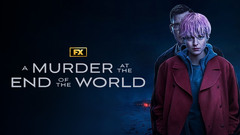
A Murder at the End of the WorldStream
Actor
Andy
Miniseries
2023

En aparté
Guest
Show
2021

Impeachment: American Crime StoryStream
Actor
Bill Clinton
Miniseries
2021

CBS Mornings
Guest
News
2021
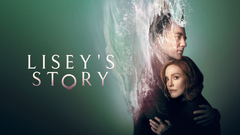
Lisey's StoryStream
Actor
Scott Landon
Miniseries
2021

The Drew Barrymore Show
Guest
Talk
2020

Guida romantica a posti perduti
Actor
Benno
Movie
2020
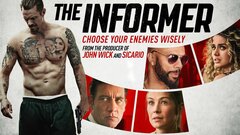
The InformerStream
Actor
Montgomery
Movie
2019
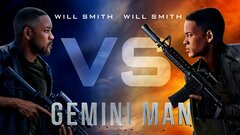
Gemini ManStream
Actor
Clay Verris
Movie
2019
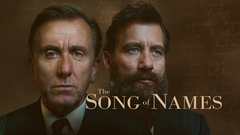
The Song of NamesStream
Actor
Dovidl
Movie
2019

Our Yorkshire Farm
Self
Show
2018

Today 3rd Hour
Guest
Show
2018

La boîte à questions
Guest
Show
2018

Anon
Actor
Sal Frieland
Movie
2018

OpheliaStream
Actor
Claudius
Movie
2018

Comedy Central Movies
Actor
Show
2017

Live with Kelly and Ryan
Guest
Talk
2017
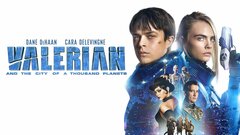
Valerian and the City of a Thousand PlanetsStream
Actor
Commander Arun Filitt
Movie
2017

Vice Guide to Film
Actor
Show
2016

The Confirmation
Actor
Walt
Movie
2016
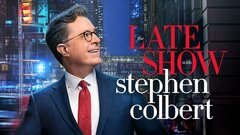
The Late Show With Stephen ColbertStream
Guest
Talk
2015

Celebrated
Self
Show
2015

The Late Late Show With James Corden
Guest
Talk
2015

Last Knights
Actor
Raiden
Movie
2015

Variety Studio: Actors on Actors
Guest
Show
2014
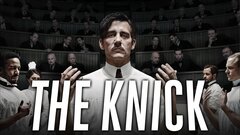
The KnickStream
Actor
Series
2014

The KnickStream
Executive Producer
Series
2014

Late Night With Seth MeyersStream
Guest
Talk
2014
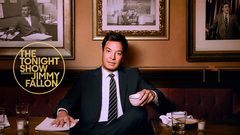
The Tonight Show Starring Jimmy FallonStream
Guest
Talk
2014

Words and PicturesStream
Actor
Jack Marcus
Movie
2013

Blood Ties
Actor
Chris
Movie
2013

Live! With Kelly and Michael
Guest
Talk
2012

Entertainment Studios.TV
Actor
Show
2012

Entertainment Studios.TV
Host
Show
2012

CBS This Morning
Guest
Show
2012
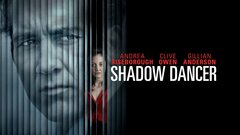
Shadow DancerStream
Actor
Mac
Movie
2012
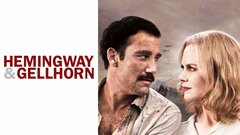
Hemingway & GellhornStream
Actor
Ernest Hemingway
Movie
2012
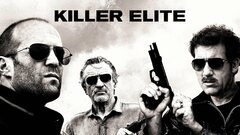
Killer EliteStream
Actor
Spike
Movie
2011

Intruders
Actor
John Farrow
Movie
2011

Lorraine
Guest
Show
2010

Trust
Actor
Will Cameron
Movie
2010
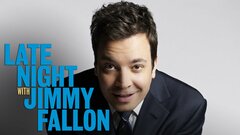
Late Night With Jimmy Fallon
Guest
Talk
2009

The International
Actor
Louis Salinger
Movie
2009
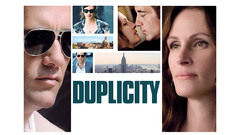
DuplicityStream
Actor
Ray Koval
Movie
2009

The Boys Are Back
Actor
Joe Warr
Movie
2009

The Boys Are Back
Executive Producer
Movie
2009

Shoot 'Em Up
Actor
Mr. Smith
Movie
2007

Elizabeth: The Golden AgeStream
Actor
Sir Walter Raleigh
Movie
2007

The One Show
Guest
Show
2006

etalk
Guest
Show
2006
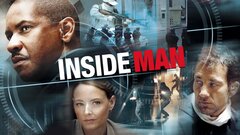
Inside ManStream
Actor
Dalton Russell
Movie
2006
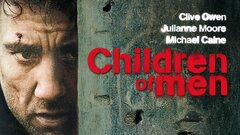
Children of MenStream
Actor
Theo
Movie
2006
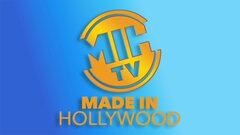
Made in Hollywood
Guest
Series
2005

Entertainment Tonight Canada
Guest
Show
2005
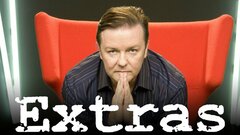
ExtrasStream
Guest Star
Series
2005
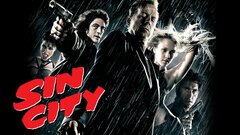
Sin CityStream
Actor
Dwight
Movie
2005

Derailed
Actor
Charles Schine
Movie
2005
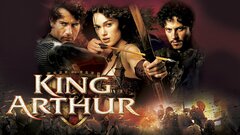
King ArthurStream
Actor
Arthur
Movie
2004
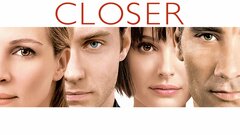
CloserStream
Actor
Larry
Movie
2004
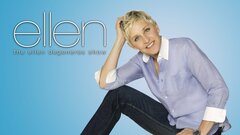
The Ellen DeGeneres Show
Guest
Talk
2003

Beyond Borders
Actor
Nick Callahan
Movie
2003

I'll Sleep When I'm Dead
Actor
Will Graham
Movie
2003
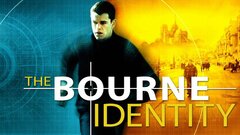
The Bourne IdentityStream
Actor
The Professor
Movie
2002

Live With Regis and Kelly
Guest
Show
2001

Ambush
Actor
Driver
Movie
2001
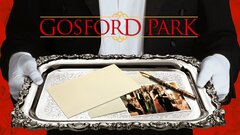
Gosford ParkStream
Actor
Robert Parks
Movie
2001
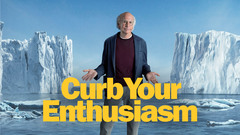
Curb Your EnthusiasmStream
Guest Star
Himself
Series
2000

Entertainment Studios.com
Guest
Show
2000

Second Sight
Actor
Ross Tanner
Show
2000

Second Sight II: Hide and Seek
Actor
DCI Ross Tanner
Movie
2000

Clarividencia: El Escondite
Actor
Movie
2000

Second Sight: Parasomnia
Actor
DCI Ross Tanner
Movie
2000

Clarividencia: Parasomnia
Actor
Movie
2000

Second Sight: Kingdom of the Blind
Actor
DCI Ross Tanner
Movie
2000

Greenfingers
Actor
Colin Briggs
Movie
2000

Second Sight: Hide and Seek
Actor
DCI Ross Tanner
Movie
2000

The Early Show
Guest
Show
1999
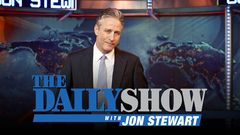
The Daily Show With Jon StewartStream
Guest
Talk
1999

Split Second
Actor
Michael Anderson
Movie
1999

Kickin' It: With Byron Allen
Guest
Show
1998

The Echo
Actor
Michael Deacon
Movie
1998
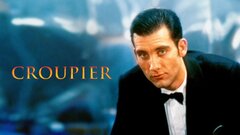
CroupierStream
Actor
Jack Manfred
Movie
1998
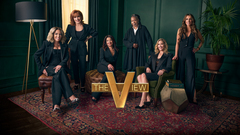
The ViewStream
Guest
Talk
1997

Bent
Actor
Max
Movie
1997

The Rich Man's Wife
Actor
Jake Golden
Movie
1996

The Turnaround
Actor
Nick Sharman
Movie
1995

Entertainers: With Byron Allen
Guest
Show
1994

An Evening With Gary Lineker
Actor
Bill
Movie
1994

Doomsday Gun
Actor
Dov
Movie
1994
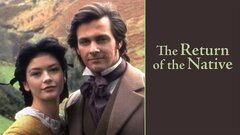
The Return of the NativeStream
Actor
Damon Wildeve
Movie
1994
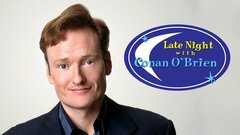
Late Night With Conan O'Brien
Guest
Talk
1993

Le Magicien
Actor
Movie
1993

Class of '61
Actor
Devin O'Neil
Movie
1993

Century
Actor
Paul Reisner
Movie
1993

The Magician
Actor
Det. Con. George Byrne
Movie
1993

Tres Amores, una Pasión
Actor
Movie
1991

Cierro Mis Ojos
Actor
Movie
1991

Close My Eyes
Actor
Richard
Movie
1991

Chancer
Actor
Stephen Crane/Derek Love
Show
1990

Lorna Doone
Actor
John Ridd
Movie
1990

Precious Bane
Actor
Gideon Sarn
Movie
1989

Vroom
Actor
Jake
Movie
1988

Mystery!
Actor
Series
1980

Good Morning America
Guest
News
1975

Canada AM
Guest
Show
1972

TodayStream
Guest
News
1952
News aboutClive Owen
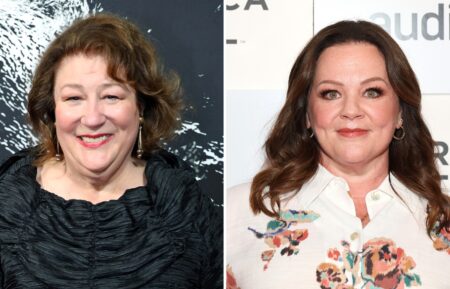
Paramount+ Announces JonBenét Ramsey Series Title
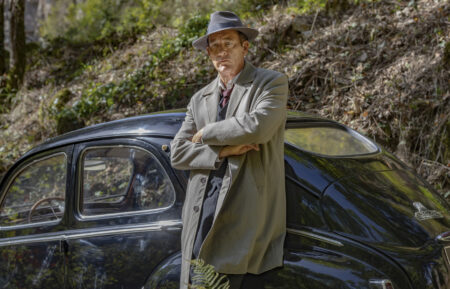
Will There Be a ‘Monsieur Spade’ Season 2? Tom Fontana Gives Update

Exclusive
AMC Stars Danai Gurira, Andrew Lincoln, Giancarlo Esposito & More Stun in Our TCA Portrait Studio (PHOTOS)
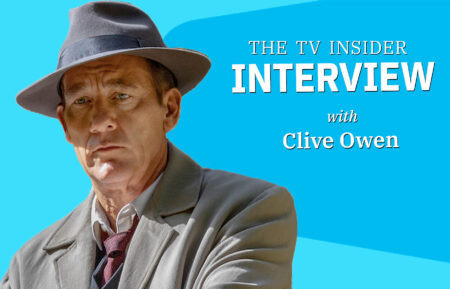
Clive Owen on Learning French for ‘Monsieur Spade’ & Channeling Humphrey Bogart (VIDEO)
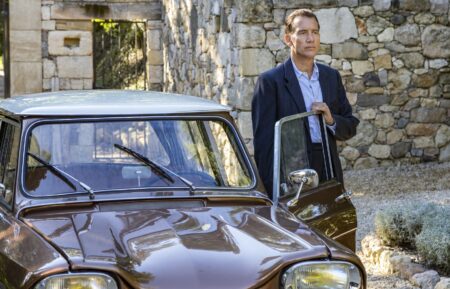
Review
Roush Review: Clive Owen Is ‘Monsieur Spade,’ Classic Gumshoe in 1960s France
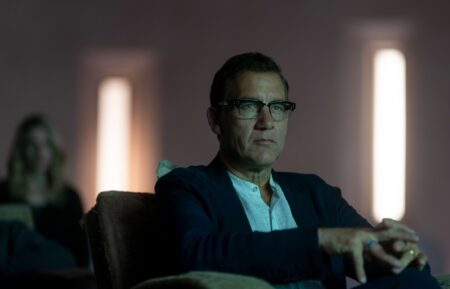
Spoiler Alert
‘A Murder at the End of the World’: Clive Owen Talks ‘Obsessive’ Nature of Andy’s Relationships

‘Monsieur Spade’ Shows Clive Owen as a Dashing Detective in New Trailer (VIDEO)
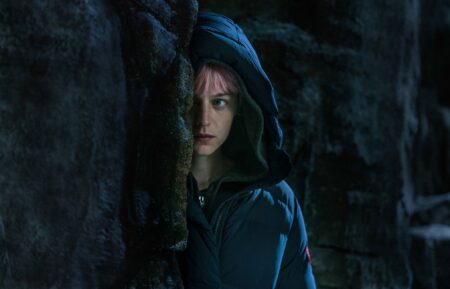
Review
Roush Review: ‘Murder’ Most Chilling in Iceland ‘at the End of the World’
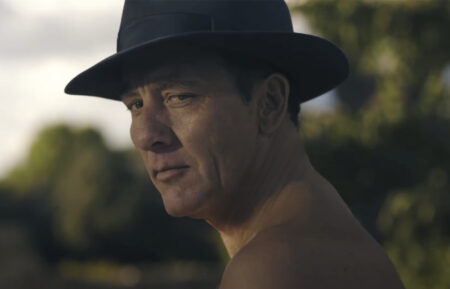
‘Monsieur Spade’ Teaser: Clive Owen Plays ‘Maltese Falcon’ Detective (VIDEO)
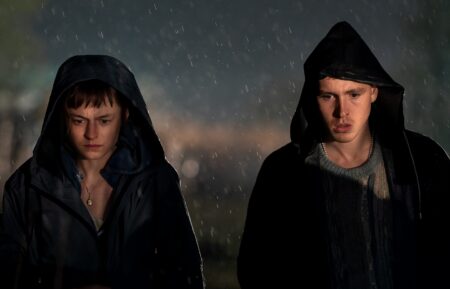
‘A Murder at the End of the World’ Trailer: Mystery Brings Chills for Emma Corrin at Retreat (VIDEO)
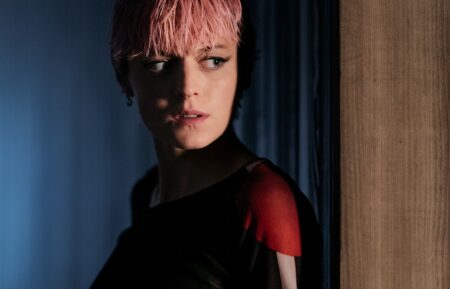
FX’s ‘A Murder at the End of the World’ Series Premiere Pushed to November
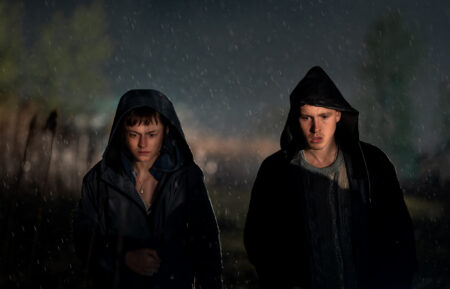
FX’s ‘A Murder at the End of the World’ Sets Premiere Date — See the Characters (VIDEO)
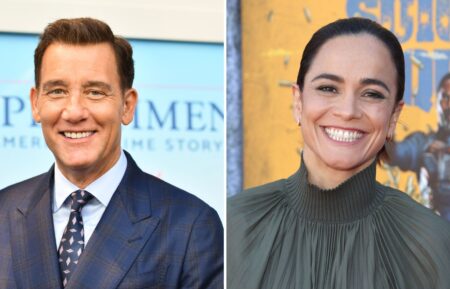
‘Retreat’: Clive Owen, Alice Braga & More Join FX Limited Series
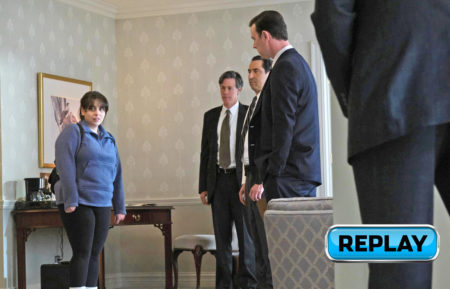
Can’t Miss Episode of the Week: It’s Monica vs. the FBI on ‘Impeachment’
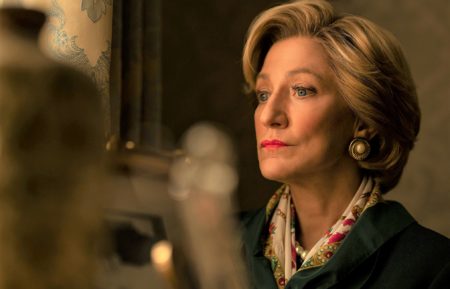
Spoiler Alert
‘Impeachment: American Crime Story’: 3 Things We Learned in the Premiere
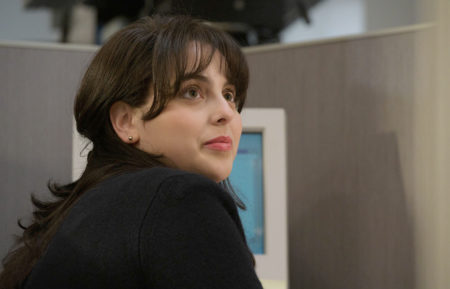
Review
Roush Review: ‘Impeachment’ Is Mostly Monica’s Tripp-y Story
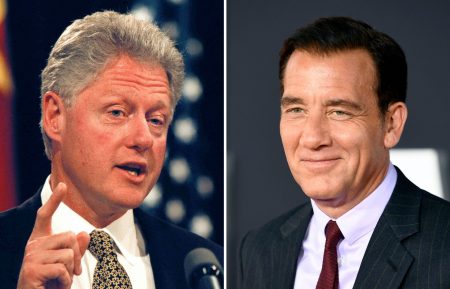
See the ‘Impeachment’ Cast in Character vs. Their Real-Life Counterparts
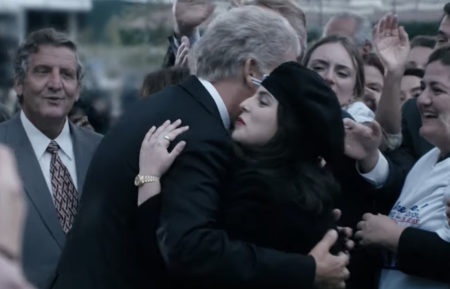
‘Impeachment: American Crime Story’: FX Releases First Official Trailer (VIDEO)
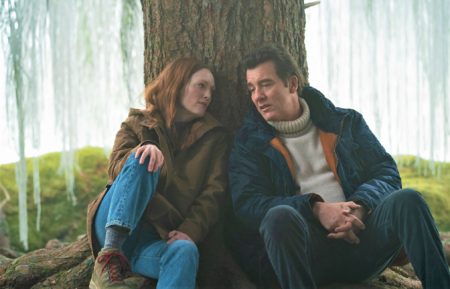
‘Lisey’s Story’ Trailer: Julianne Moore Is an Unhinged Widow in Stephen King Series (VIDEO)
